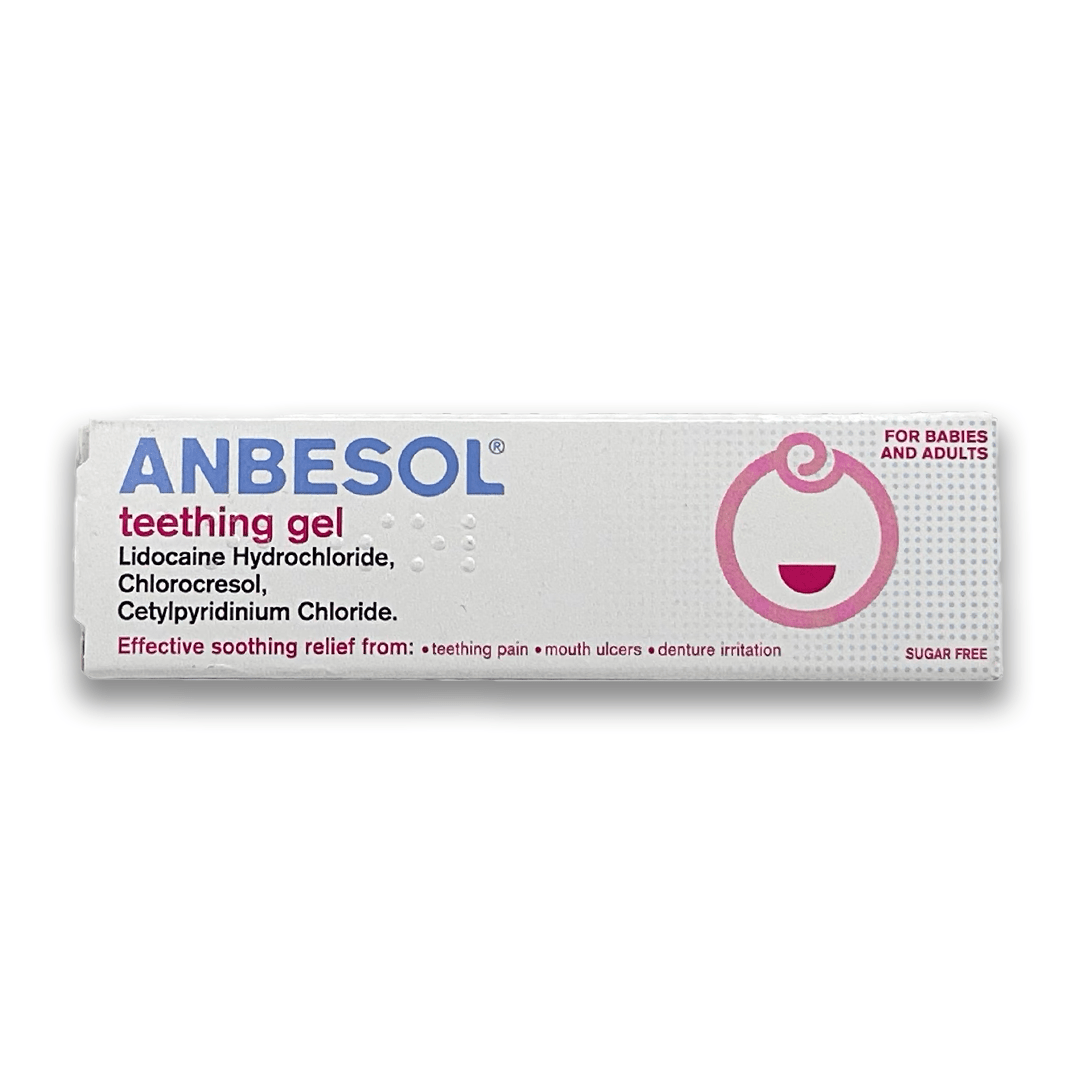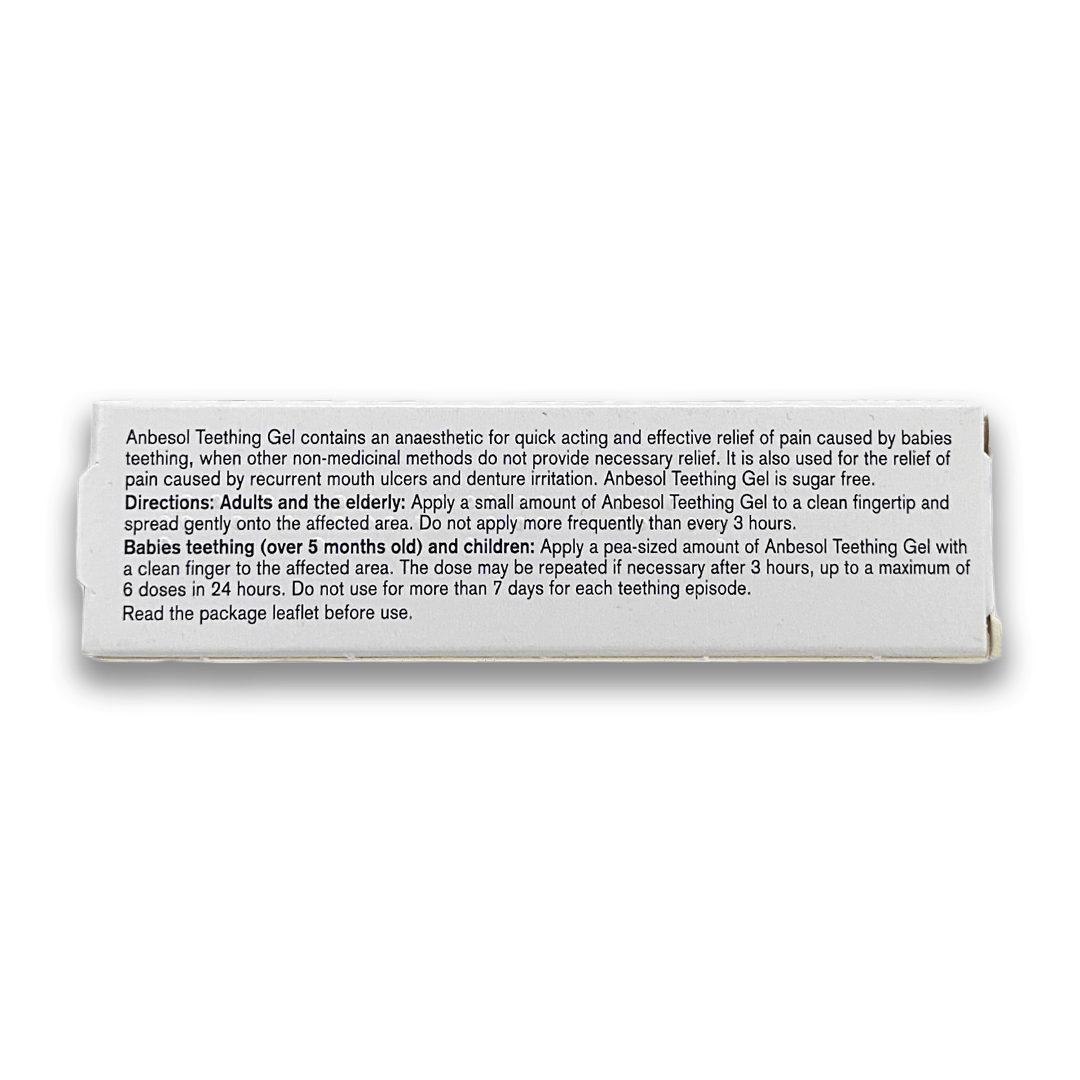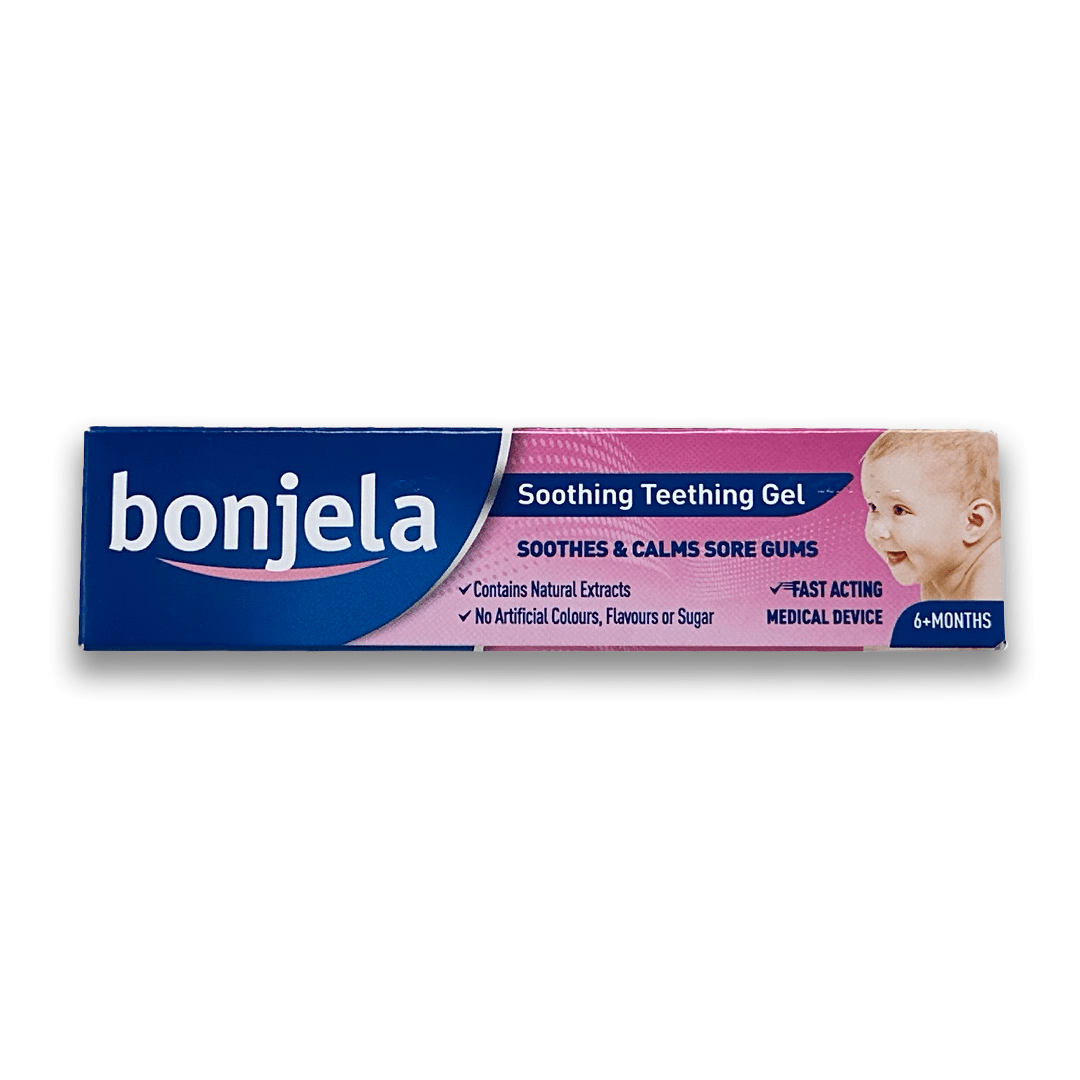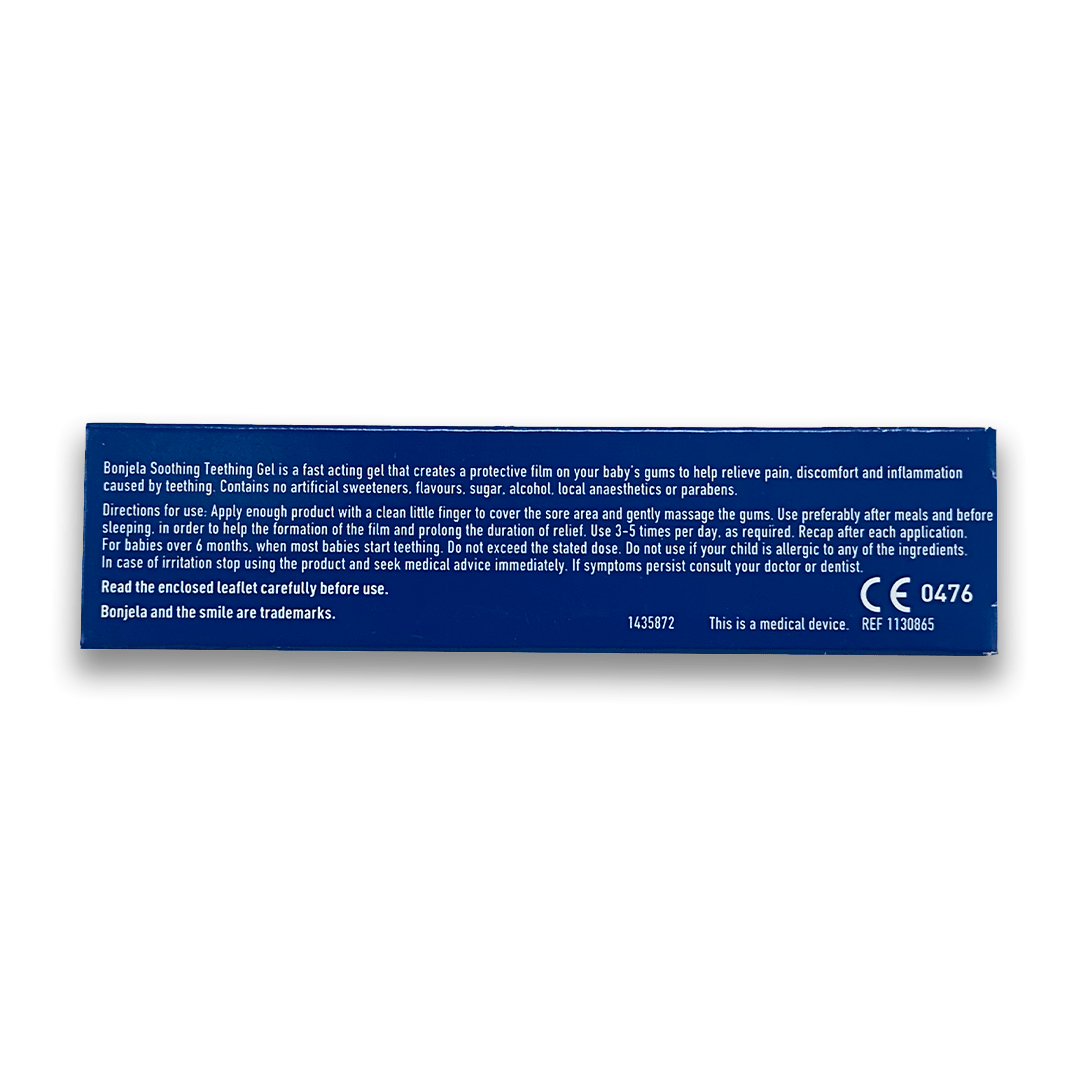
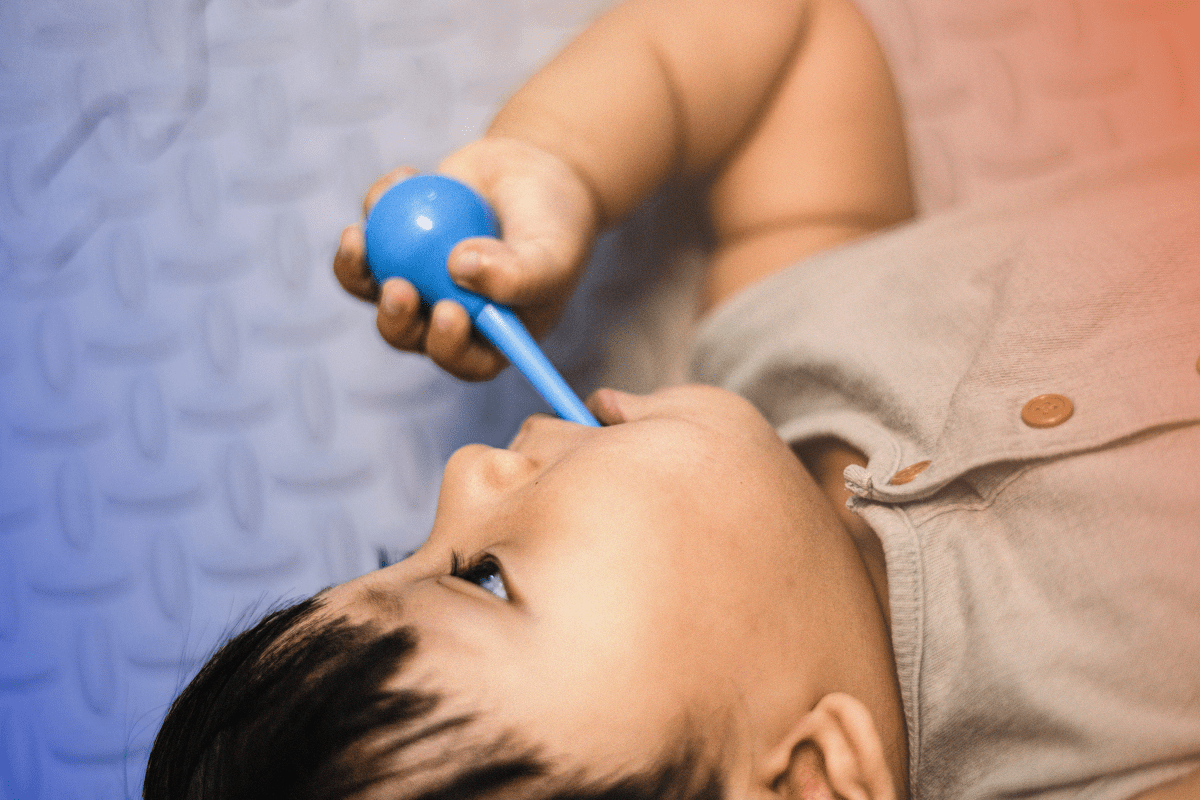
Qu'est-ce que Soins buccodentaires pour les enfants ?
Prend environ 2 minutes pour terminer.
À propos de Soins buccodentaires pour les enfants
Cause
Diagnostic
Traitements
Gestion
Plus d'infos
FAQ
À quel moment la poussée dentaire commence-t-elle généralement ?
Quels sont les signes courants de la poussée dentaire ?
La poussée dentaire entraîne-t-elle d’autres problèmes ?
Dois-je m’inquiéter si mon bébé n’a pas encore commencé à faire ses dents ?
Nous sommes là pour vous aider 👋
Pour obtenir de l'aide, veuillez contacter notre service client à info@rightangled.com. Nous sommes disponibles du lundi au vendredi de 8h à 17h. Pour les problèmes urgents, veuillez ne pas utiliser cet e-mail. Appelez plutôt le 111 ou le 999 en cas d’urgence.

